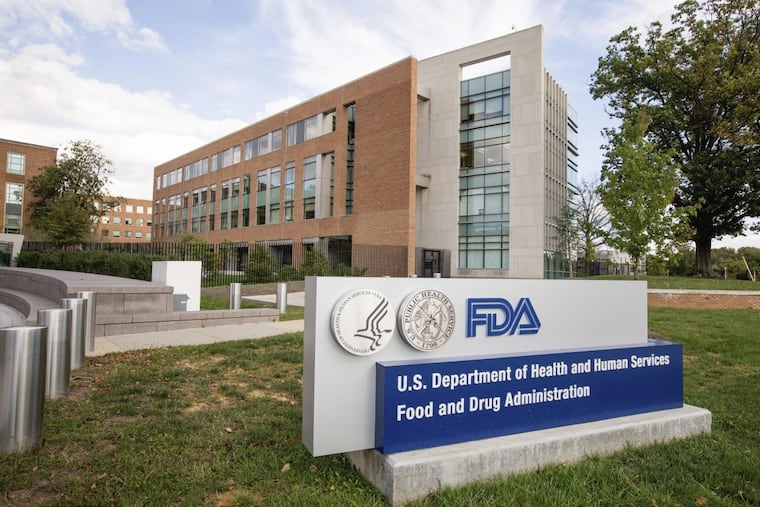Pa. 'right-to-try' bill moves forward, but would it help terminal patients?
Pennsylvania is a step closer to joining 37 other states that have passed laws purporting to entitle terminally ill patients to try unapproved drugs.

Pennsylvania is a step closer to joining 37 other states that have passed laws purporting to entitle terminally ill patients to try unapproved drugs.
The Senate Health and Human Services Committee unanimously approved the "right to try" bill on Wednesday. In March, the proposal unanimously passed in a House committee, then went on to unanimous passage in the House of Representatives in April — unusually rapid legislative progress. (Whether the full Senate and Gov. Wolf will follow suit is unclear.)
The bill says dying patients "have a fundamental right to attempt to pursue the preservation of their lives by accessing" experimental drugs that have passed preliminary safety tests, because they "do not have the luxury of waiting" for U.S. Food and Drug Administration approval.
Like other right-to-try measures, however, the bill would not require companies to provide "compassionate access" to experimental drugs upon request from a doctor and patient. The bill says a manufacturer "may make available, and an eligible patient may request, the investigational drug."
Critics of right-to-try — including physicians, bioethicists, legal scholars, and the pharmaceutical industry — say the laws are hollow and misleading. They imply that eliminating the FDA's oversight would guarantee access to a drug when companies are the real stumbling block. FDA officials say the agency almost never denies a compassionate-use application that a company has granted. The agency typically gives approval in a matter of days, granting an average of 1,200 a year over the last six years, and recently streamlined the necessary paperwork.
Despite the critiques, the right-to-try movement has caught on. Advocates point to patients who were saved by compassionate access to unapproved drugs and others who might have been.
"The committee gave a very warm reception to the concept," said Mike Cortez, executive director of the Senate Human Services Committee, which is chaired by Sen. Lisa Baker (R., Luzerne).
Senators were touched, Cortez said, by "the brave fight" of Frank Mongiello of Yardley, who is disabled by the fatal central nervous system disease ALS, or amyotrophic lateral sclerosis. He attended the hearing with his wife, Marilyn, and two of their six children. The family has been campaigning at the state and federal levels for right-to-try laws since his disease was diagnosed in 2015.
The model for right-to-try laws was developed by the Goldwater Institute, a Phoenix-based libertarian think tank that has been behind the legislative juggernaut over the last three years.
Like the model, Pennsylvania's bill says companies can charge for compassionate access to a therapy, insurance companies do not have to pay for it or any resulting complications, and the patient's doctor is not subject to liability.
Legal experts say state laws are not enforceable because they are pre-empted by the federal law that empowers the FDA, but that could change. In February, federal right-to-try legislation that would bolster state authority was introduced in the House and Senate. It is backed by President Trump and Vice President Pence, who as Indiana's governor signed that state's statute.